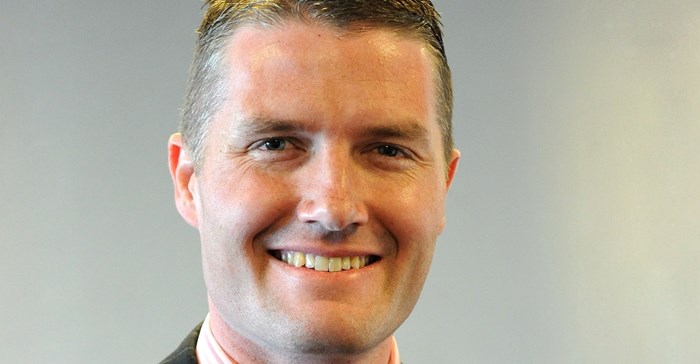Marketing & Media trends
Industry trends
BizTrends Sponsors
Trending
#BizTrends2017: Where tech is taking us
- Digital currency
- Mobile banking
- Entrepreneurship
- Access to information
- Wearables with a purpose
- Consumer is king
There was an incredible surge in interest in blockchain, otherwise called distributed ledger technology, in 2016. This relatively new capability allows immediate transfer of value through a peer network which disintermediates financial services’ trust equity and threatens their payments commissions.

Despite the hype and newly formed blockchain consortiums, the Google Glass conundrum (see below) may still plague this exciting topic in 2017.
Digital currencies such as bitcoin have started becoming mainstream, but do they really threaten sovereign currencies or will they simply become a geeky alternative?
The internet makes a good comparison. Remember the dotcom boom and bust years? Lots of excitement, but only the companies, products and services that really delivered value for internet consumers became successful.
People will always need banking; technology can enable slick and secure processes as part of a financial services ecosystem that improves the lives of people and businesses that need it.
The race for “share of mobile” will heat up in 2017, with 53% of global consumers already feeling anxious when their mobile device isn’t nearby, according to the latest Nielsen Mobile Shopping, Banking and Payment Survey.
South Africa was listed as having one of the highest self-reported rates of participation in banking activities by phone, which aligns with digitisation trends in the local industry. People are not only doing more shopping and banking on their devices, but 70% of respondents said it made their lives better.
More content and functionality from all business-to-consumer industries can be expected on mobile in 2017, with adoption continuing to be driven by user experience, expectations management and process simplicity.
New businesses will continue to drive job creation with innovative business models that don’t have the cost overhead and complexity inertia of large companies.
Companies like Wigroup have managed to carve out a space in their industries with new thinking and owner-managers that live and breathe their businesses. Wigroup’s easy mobile payments solution processes billions at over 65,000 till lanes every year.
Google, IBM and Microsoft have all announced plans this year to help drive rural connectivity infrastructure into Africa. Access to information is fast becoming one of the critical enablers of improving remote service delivery as well as self-upliftment to break the poverty cycle.
As millions more come online, they will not only be banking and shopping but also messaging, sharing, creating and analysing content.
Localised artificial intelligence solutions mean that powerful analytics engines such as IBM’s Watson can provide context sensitive answers to every day questions.
Technology is democratising information and empowering citizens – companies and entrepreneurs who understand how to monetise this trend will continue to be successful.
While 2016 was meant to be the year of Google Glass, the cool accessory was quickly pulled – even before it was launched in many countries, despite huge marketing and PR.
The thing that was missing was a compelling use case. What problem is the device solving, despite how cool it is?
Also. many people realised that walking around with a mini go-pro on their face might not be that cool. Geek appeal will work with innovators and early adopters but won’t reach the majority or reach across the chasm of failure of Geoffery Moore’s Technology Adoption Curve.
This year might see success for wearables through convergence. The iPod was only successful because audio file compression and storage, both reached significant thresholds.
Steve Jobs famously said that “people don’t know what they want until you show it to them”; this was the philosophy behind iPhone – the killer device of the 20th century.
While this is true, the consumer will still drive successful iteration of a unique prototype. Apple could never have got to iPhone 7 without constant consumer feedback as part of their design thinking.
However some would say that successive iPhone upgrades are starting to plateau and the app architecture might also be declining – a common problem for Android phones as well.
Incremental innovation of killer apps and devices still has a long way to go so although the next big thing might be an experiment in a garage somewhere it’s unlikely to break through in 2017.














